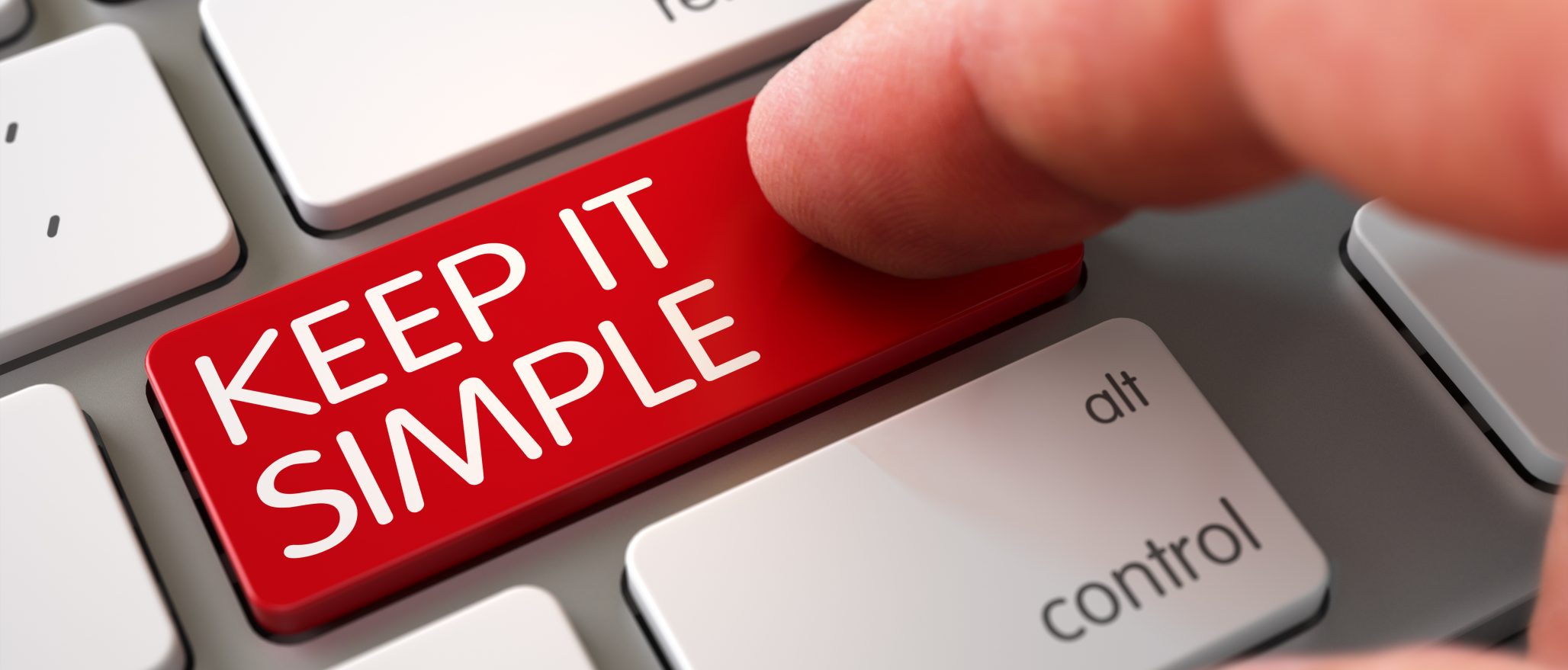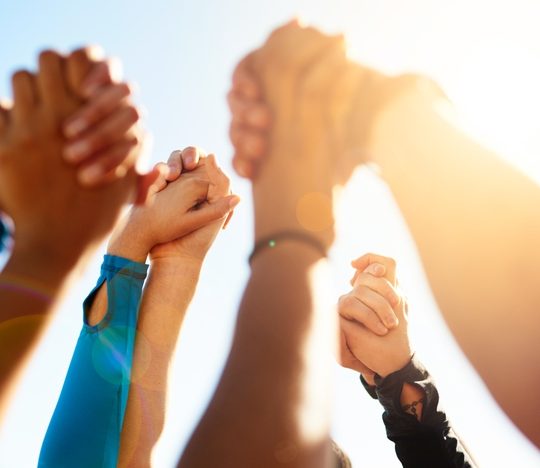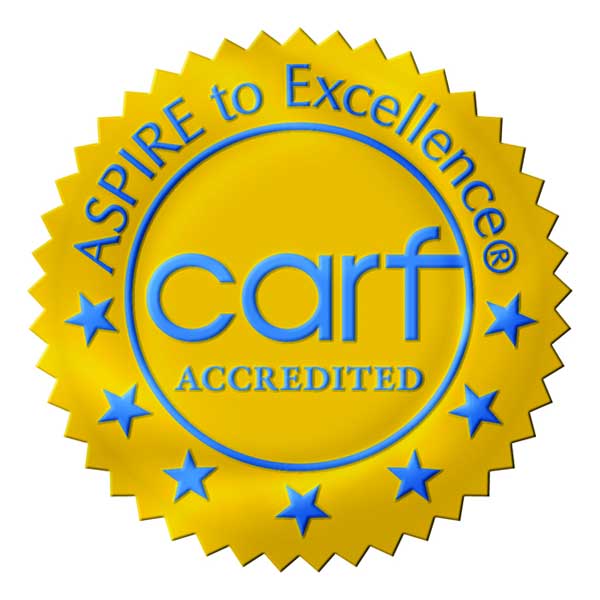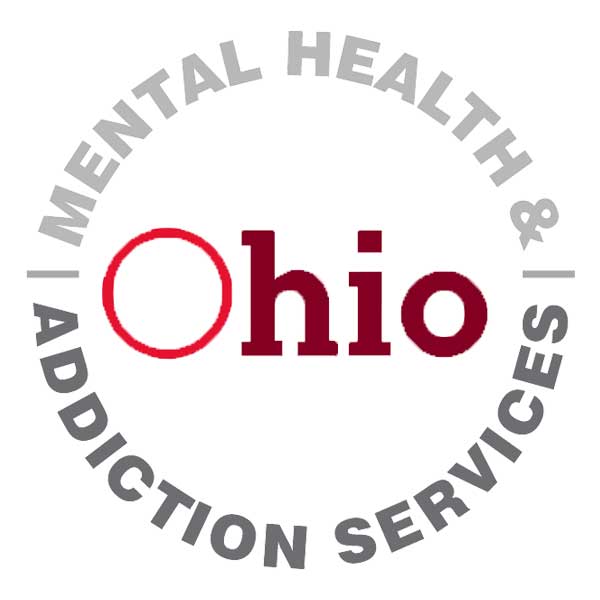RECOVERY STARTS HERE!
513.792.1272
10 Meaningful Ways to Celebrate National Recovery Month

Every September, we honor those in recovery with National Recovery Month.
At ASAP Cincinnati, I’ve seen firsthand that recovery isn’t just possible—it’s powerful, life-changing, and worth celebrating. Over more than 15 years of serving families in our Cincinnati community, I’ve witnessed countless transformation stories. Behind every success is a real family who has found hope and healing. Recovery is about resilience, growth, and the incredible strength that emerges when professional support meets family love.
Here are 10 ways to celebrate National Recovery Month and uplift recovery in your community.
1. Share Your Recovery Story (or Listen to One)
One of the bravest acts is sharing the journey of substance use recovery. If you feel comfortable, tell your story—it might be exactly what someone else needs to hear. And if you’re not sharing, practice deep listening when others do. Stories are bridges to hope. At ASAP Cincinnati, we’ve learned that families who share their experiences often become the most powerful advocates for early intervention. Your courage in speaking up could help another parent recognize that seeking help is a sign of strength, not failure.
2. Host a Sober Social Gathering
Consider hosting an alcohol-free event this month—whether it’s a dinner party, game night, or backyard barbecue. You might be surprised how many people appreciate having a space where they don’t have to navigate questions about drinking.
Create a special mocktail menu with creative names and beautiful presentations. Think “Recovery Refresher” with sparkling water, fresh mint, and lime, or a “Hope & Healing” blend of fruit juices and herbs. When you make non-alcoholic options feel special rather than like an afterthought, you create an inclusive environment where everyone can celebrate together.
These gatherings also model healthy socializing for young people, showing them that connection and fun don’t require substances.
3. Learn About Teen and Young Adult Recovery
Even those of us working in the field can always keep learning. Read a new book on substance use treatment, watch a documentary, or attend a webinar about teen mental health or young adult recovery. Then share that knowledge with a friend, coworker, or family member.
This month, consider learning about:
- The difference between substance experimentation and addiction in teens
- How Dialectical Behavior Therapy (DBT) helps with emotional regulation
- Why family integration is crucial in adolescent treatment
- The unique challenges facing young adults ages 18-26 in recovery
Knowledge breaks down barriers and empowers us all to be better supporters.
4. Volunteer Your Time or Professional Skills
Recovery community support is strengthened by volunteers. Consider offering a few hours at a treatment center, mentoring youth, or lending your professional skills to a nonprofit. It all adds up.
If you’re a professional with expertise in marketing, accounting, legal services, or other areas, many recovery organizations could benefit from your skills. Sometimes the most meaningful contribution isn’t clinical—it’s helping an organization reach more families who need support.
5. Wear Purple with Pride for Recovery Awareness
Purple is the official color of Recovery Month. It may seem simple, but I’ve seen how a purple ribbon, bracelet, or shirt can spark conversation and signal support.
These small gestures create opportunities for meaningful conversations. When someone asks about your purple ribbon, you have a chance to share information about recovery resources, reduce stigma, or simply let someone know that support is available.
6. Support Recovery-Friendly Businesses
Many individuals in recovery pour their energy into small businesses, restaurants, or creative work. Choosing to support them not only sustains livelihoods, it shows that we believe in the power of second chances.
Recovery-friendly workplaces also make a difference. If you’re in a position to influence hiring or workplace policies, consider how your organization can support employees in recovery or those seeking mental health treatment.
7. Start Recovery Conversations in Your Community
Host a book club or movie night around recovery themes. Some of the richest conversations I’ve had didn’t start in a clinic—they started over coffee, after a play, or during a film discussion.
Consider organizing discussions around topics like:
- How to support a friend whose teen is struggling
- Understanding the signs that professional help might be needed
- Celebrating recovery milestones in meaningful ways
- Creating substance-free social activities for young people
8. Practice Self-Care and Mental Wellness
Recovery is about whole-person health. That means celebrating recovery also means tending to your own well-being—whether that’s exercise, prayer, journaling, therapy, or simply taking a walk.
For parents and caregivers supporting someone in recovery, self-care isn’t selfish—it’s essential. You can’t pour from an empty cup. Taking care of your own mental health models healthy behavior and ensures you have the energy to provide support when it’s needed most.
9. Advocate for Recovery Access and Policy Change
Recovery is possible, but access is not equal for everyone. Write to your representatives, join an advocacy campaign, or amplify the voices of those calling for treatment access, recovery housing, and stigma reduction.
Advocate for:
- Better insurance coverage for mental health and substance use treatment
- School-based mental health resources
- Early intervention programs for teens and young adults
- CARF-accredited treatment options in your community
Systemic change happens when communities speak up together.
10. Celebrate Recovery Milestones Big and Small
At ASAP Cincinnati, I’ve seen the way someone’s eyes light up when their first 30 days clean are recognized—or when a family celebrates their teen’s graduation from our TRIP program. Every step is worth celebrating. If you or a loved one has a milestone, mark it this month.
Recovery celebrations might include:
- Acknowledging consistent therapy attendance
- Recognizing improved family communication
- Celebrating negative drug screens
- Honoring completed treatment programs
- Marking anniversaries of recovery
- Remember: progress isn’t always linear, and every positive step deserves recognition.
Recovery is a Community Journey
National Recovery Month is about hope, connection, and resilience. I’m proud to see the ways our Cincinnati community—and communities everywhere—lift up recovery and remind us that no one has to walk this road alone.
At ASAP Cincinnati, we’ve learned that the most powerful recoveries happen when professional, evidence-based treatment combines with strong family support and community connection. Our CARF-accredited programs for teens and young adults ages 12-26 are built on this foundation, and we’ve seen it work for hundreds of families over the years.
Recovery isn’t just an individual journey—it’s something we create together. When families feel supported by their community, when stigma is replaced with understanding, and when help is accessible and effective, transformation becomes possible.
Transforming Tomorrow, Starting Today
This September, I invite you to celebrate recovery with us. Whether your family is just beginning to consider treatment, currently in one of our programs, or celebrating years of wellness, you are part of a community that believes in second chances, growth, and the power of hope.
If your teen or young adult is struggling with substance use or mental health concerns, remember that early intervention leads to the best outcomes. You don’t have to wait for a crisis to seek help, and you don’t have to navigate this journey alone. Call ASAP at 513.792.1272 to get started today.
Recovery is possible. Recovery is powerful. And recovery is absolutely worth celebrating.
RELATED POSTS
ASAP is Cincinnati's premiere outpatient treatment center for teenagers, young adults, and their families struggling with substance abuse and mental health problems. Our specialized programs include TRIP for adolescents (ages 12-19), PIVOT for young adults (ages 18-26), and Clarity Intensive for those with emotional and behavioral disorders.
SUBSCRIBE
Enter your email address to receive news and information from ASAP.
[sibwp_form id=2]CALL US AT
513.792.1272
OR
Request a call from an ASAP professional











